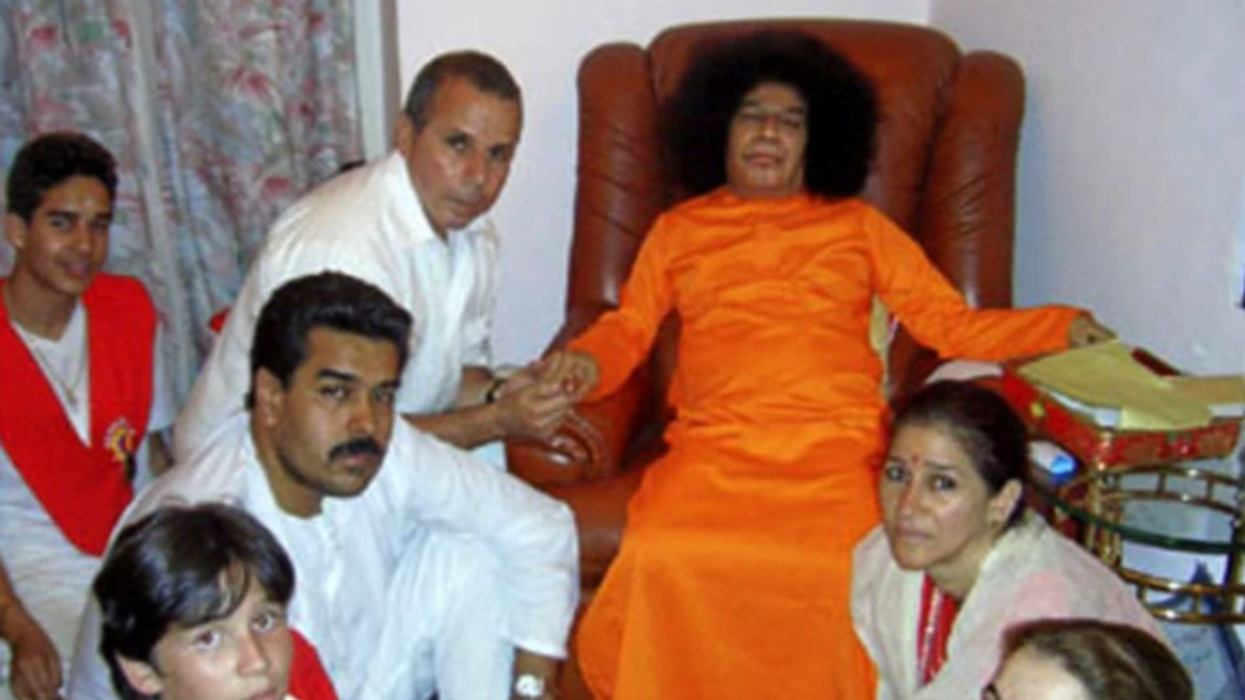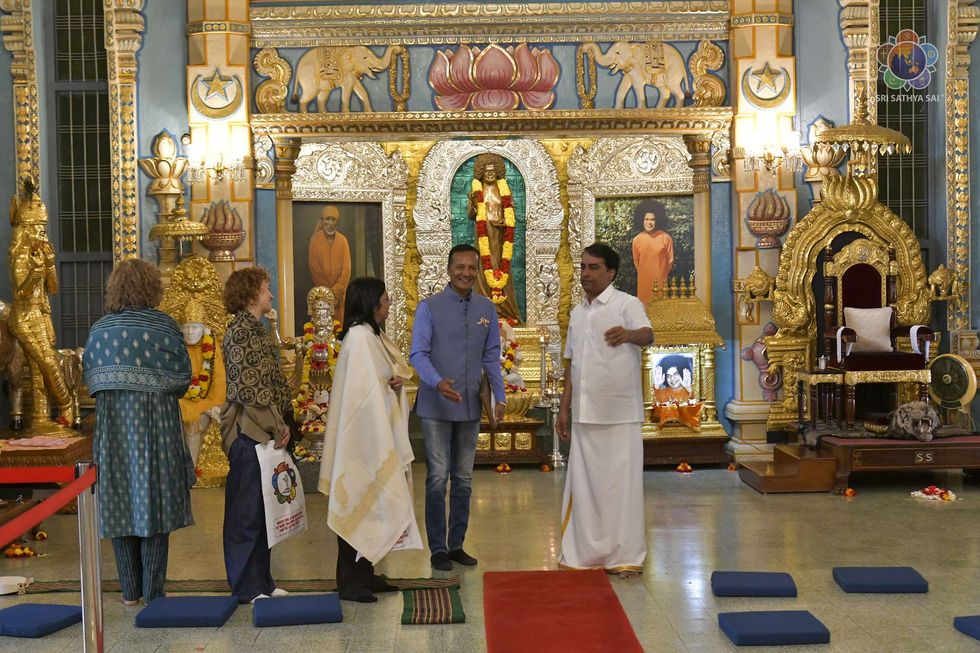CREATORS of the city centre’s new 13-metre-long monument celebrating the region’s everyday heroes hope the work will spark a conversation about representation.
The Forward Together monument – which features 25 life-size representations of real people from the Midlands who have overcome or are overcoming hardships – was installed at Victoria Square on Monday (5).
The steel work was made in 14 days in Cradley Heath by a team of five people led by artist Luke Perry, and is due to stay in the city centre for a year.
MC and honorary fellow of the Edward Cadbury Centre Raaj Shamji, one of the team members who created the piece, was touched by the positive responses the work received at its unveiling.
He said: “The reactions were all positive while people walked past while we were setting up. ‘It’s really nice to see people working together’ was a common quote.
“Some were curious on what it meant – we asked them what they thought. The majority thought it was about people working together. Its refreshing for people to treat each other as simple humans.
“I hope places of work and major institutions in the city and region continue their endeavours to make leadership more diverse based on merit where encouragement is given for those who don’t traditionally see themselves in those roles.
“It’s the start of a conversation where we all need to think hard on our place called Earth. How can we create opportunities for communities to build better sustainable relationships at all levels not just via community leaders or those we think have the responsibility.
“It’s a responsibility for all of us. But those in position need to create opportunities for fair and safe conversations where people express themselves.
“We need to focus on how we create opportunities for conversations. Art is a wonderful starting point.”
The team who made the work include Shamji, Perry, artist Pauline Bailey, author Nats Perry and musician Haldin Wright.
In Shamji’s view, the monument depicts how the team “sees Birmingham and the wider Midlands and how we together can overcome problems and challenges” – and is an attempt to “level up public art”.
Luke Perry said: “I’m so proud to have been able to work with such wonderful people to make a work which already seems to have a value beyond our expectation.
“The responses to the unveiling were incredibly thoughtful and varied but the undoubtedly unifying message was: ‘it’s about time – we need more of this’.
“With the Forward Together Sculpture we have tapped into a vein of positive energy and need for representation that is in all of our communities.
“Our sculpture isn’t the first about representation and it won’t be the last but it does seem to be the loudest, it says ‘We Need Change Now!’.
Many of the 25 people depicted in the monument met for the first time on Monday (5).
Desrene Gentles-Simms, who is represented in the work, said: “I, alongside 24 everyday people – Midlands Heroes – am very proud to have taken part in this very diversely infused project i.e. the public monument statue ‘Forward Together’.
“I also feel so specially happy to have met everyone at the unveiling and have gained a new family of friends.”
(Local Democracy Reporting Service)






 Delcy Rodríguez visited Prasanthi Nilayam on October 26, 2024, to pay her obeisances to Sai Baba. (Photo credit: Sri Sathya Sai Media Centre))
Delcy Rodríguez visited Prasanthi Nilayam on October 26, 2024, to pay her obeisances to Sai Baba. (Photo credit: Sri Sathya Sai Media Centre))





